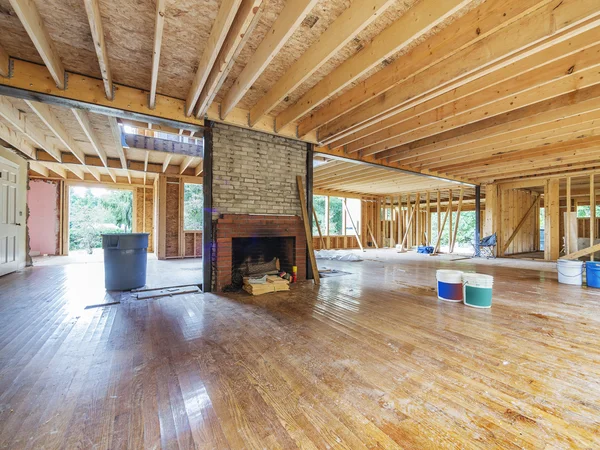Remodeling a home can be an exciting and challenging endeavor. It’s important to plan carefully in order to ensure that the renovation meets your needs and stays within budget.
There are several ways to save money during a remodeling project, including reusing materials and hiring cheaper contractors. This blog post will discuss 5 essential tips for planning a successful home remodel. When remodeling a home, OptimalRemodel suggests selecting flooring carefully. See https://optimalremodel.com for professional advice on choosing flooring.
1. Determine Your Priorities
Owning a home involves routine maintenance and updates, from repainting to upgrading your heating, ventilation and air conditioning system. Most homeowners cannot afford to tackle all projects at once, which makes it important to know how to prioritize them.
Clearly define your goals for the remodel, and share them with your contractor so everyone is on the same page. This can prevent conflict and disappointment down the line.
You may also want to consider the resale value of your home, especially if you plan on selling in the future. This can help you decide what projects to prioritize based on your family’s current needs and the potential return on investment. For example, installing energy-efficient windows and insulation can help you save money on utility bills in the long run.
2. Set a Realistic Budget
Before embarking on a remodel, it’s essential to have a clear idea of your budget. Whether this is an exact number or simply an estimate, it’s important to establish the amount you’re comfortable with spending.
Homeowners often use a combination of different funding sources to complete their project. This can include cash, a home equity line of credit (HELOC), or a refinance through a mortgage company.
For remodeling projects that require structural changes, it’s important to research what permits are required in your area. Permits ensure that the work meets local ordinances and building codes. They also confirm that the job is being done correctly and safely. Failing to obtain the proper permits may cause problems later when it comes time to sell or refinance your home.
3. Hire the Right Contractors
Choosing the right contractors is crucial for your home remodel. The best contractors are highly transparent, courteous of your time and property, and deliver great results. You should interview a minimum of three contractors and choose one based on chemistry, rapport, and their level of professionalism.
It’s also important to consider whether your remodel will require a permit or will be impacted by local zoning regulations. This may affect the scope of your project, and could add to your budget.
It’s also a good idea to include a range of materials in your budget to guard against scope creep or a sudden desire for fancier products and finishes. This will allow you to make the most informed decision regarding your home renovation and be confident that you are getting the best value for your money.
4. Plan for the Future
It’s crucial to think about your family and future needs when planning a home remodel. After all, you want to be able to enjoy your new space for years to come.
Trends can go in and out of style, but good design is timeless. As you save photos on Pinterest, consider how each room design will look in the future. This simple exercise can help you discover your style and communicate it to your designer.
You may also want to ask your contractor how they’ll handle unforeseen challenges or changes during the project. Their response will give you insight into their flexibility and problem-solving skills. This is an important consideration as a homeowner, especially because unexpected issues can often lead to delays and costly overruns.
5. Communicate Effectively
If you want your remodel to be a success, you’ll need to communicate effectively with your contractor. This involves establishing the lines of communication before construction begins. Having a productive relationship with your builder can help reduce stress and make the project more efficient.
Communicating effectively means sharing design ideas, plans and budgets. It also means communicating about the small details of the remodel, like ensuring that heavy construction doesn’t interfere with family meals or family time.
During the course of your remodel, unexpected challenges or changes might arise. How your contractor handles these issues can tell you a lot about their flexibility and problem-solving skills. Having open lines of communication can ensure that your remodel is a smooth and rewarding experience for everyone involved.





